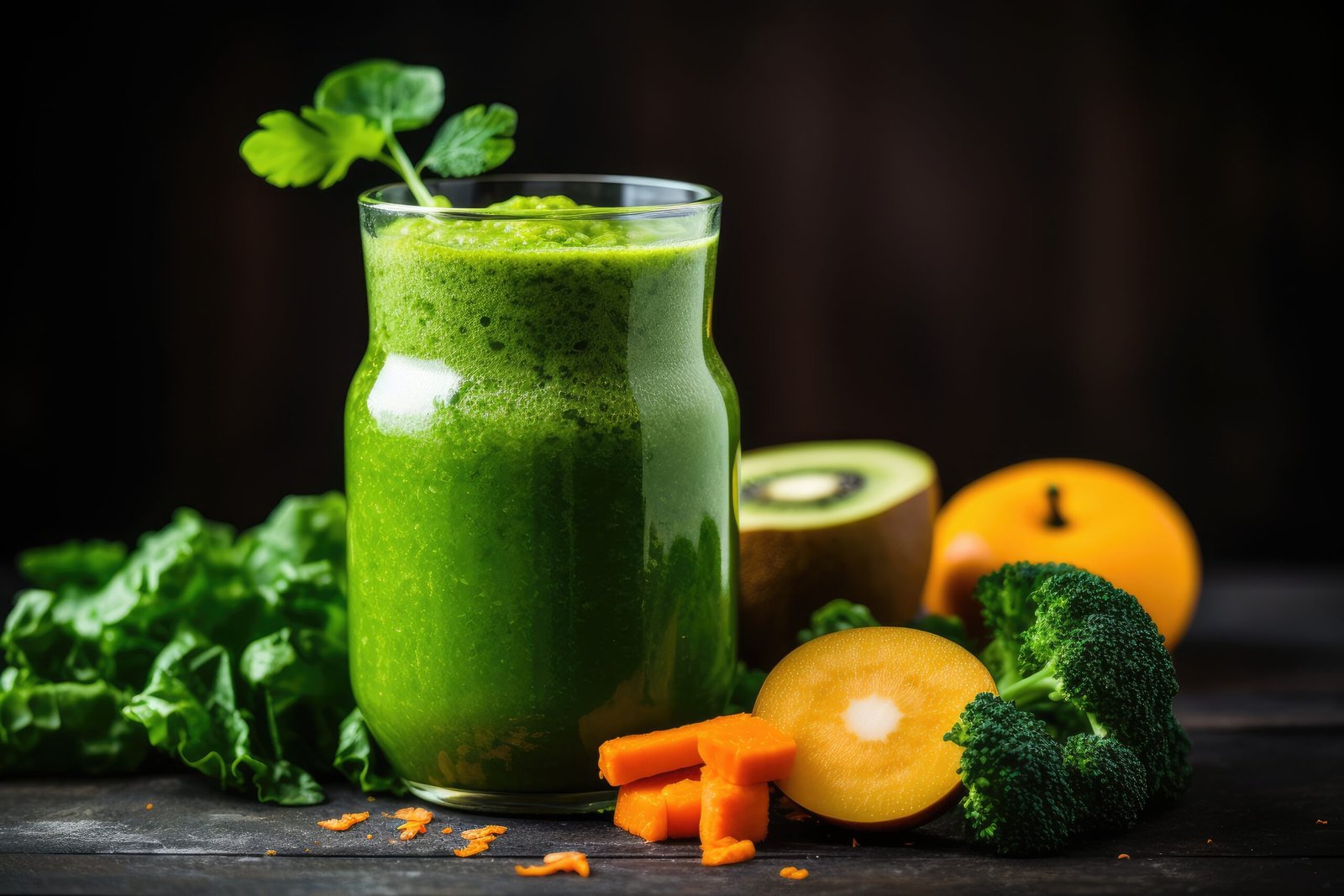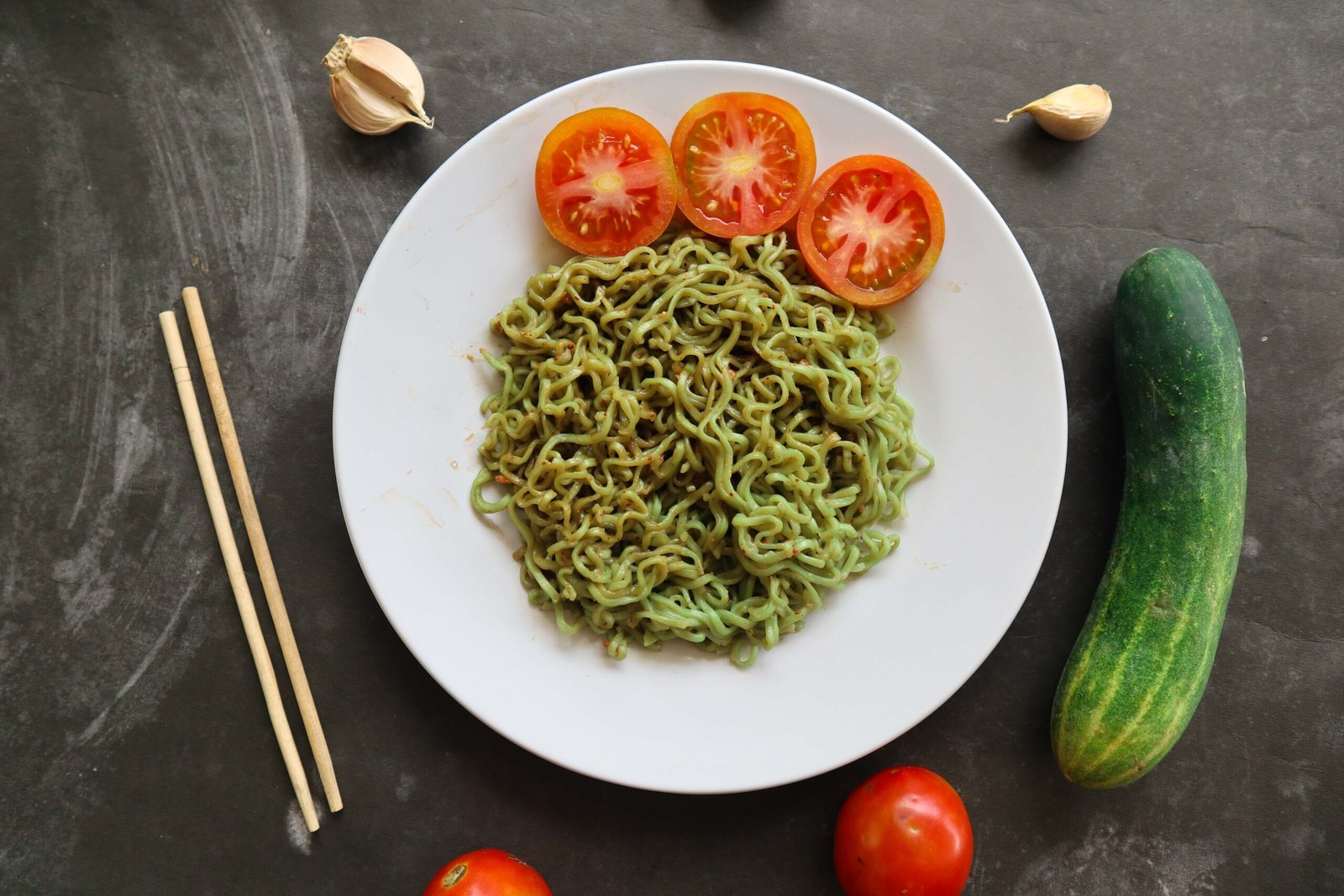How to Boost Your Immune System Naturally
Imagine your body as a fortress, constantly under siege from invisible invaders. Your immune system is the tireless army defending this fortress, working round the clock to keep you healthy. But what if you could give your immune system superpowers, enhancing its ability to protect you from illness and disease? The good news is, you can – and it doesn’t require any fancy supplements or miracle cures. By making simple, natural lifestyle changes, you can significantly boost your immune system and improve your overall health.

Prioritize Sleep
Getting enough quality sleep is one of the most effective ways to strengthen your immune system. During sleep, your body produces and releases cytokines, proteins that help fight infection and inflammation. Lack of sleep can decrease the production of these protective proteins, leaving you more vulnerable to illness.
Aim for 7-9 hours of sleep per night. Create a relaxing bedtime routine, such as reading a book or practicing gentle yoga. Keep your bedroom cool, dark, and quiet. Avoid screens for at least an hour before bed, as the blue light can disrupt your circadian rhythm. If you have trouble falling asleep, try deep breathing exercises or meditation to calm your mind. Consistent, quality sleep will not only boost your immune system but also improve your mood, cognitive function, and overall well-being.

Manage Stress
Chronic stress can wreak havoc on your immune system. When you’re stressed, your body produces stress hormones like cortisol, which can suppress the effectiveness of your immune system. This makes you more susceptible to infections and can even slow wound healing.
Incorporate stress-management techniques into your daily routine. Practice mindfulness meditation, which has been shown to reduce stress and inflammation. Try yoga, tai chi, or qigong, which combine physical movement with breath work and meditation. Engage in hobbies that you enjoy, such as gardening, painting, or playing music. Regular exercise is also an excellent stress-buster. Find healthy ways to cope with stress, such as talking to a friend or journaling. By keeping your stress levels in check, you’ll give your immune system the support it needs to function optimally.

Exercise Regularly
Regular, moderate exercise is a powerful immune booster. It improves circulation, which allows immune cells to move through your body more efficiently. Exercise also reduces stress and inflammation, both of which can negatively impact your immune system.
Aim for at least 150 minutes of moderate exercise per week. This could include brisk walking, cycling, swimming, or dancing. You can break this up into 30-minute sessions five days a week, or whatever schedule works best for you. Include a mix of cardio and strength training exercises for optimal benefits. Remember, consistency is key – it’s better to exercise moderately on a regular basis than to push yourself too hard occasionally. Listen to your body and avoid overtraining, which can actually suppress your immune system.

Eat a Nutrient-Rich Diet
Your diet plays a crucial role in supporting your immune system. A balanced, nutrient-rich diet provides your body with the vitamins, minerals, and antioxidants it needs to function at its best. Focus on whole, unprocessed foods to give your immune system the fuel it needs.
Include a variety of colorful fruits and vegetables in your diet. These are rich in vitamins C and E, as well as antioxidants that help protect your cells from damage. Berries, citrus fruits, leafy greens, and bell peppers are particularly beneficial. Incorporate lean proteins like fish, poultry, and legumes, which provide the amino acids necessary for building immune cells. Include probiotic-rich foods like yogurt, kefir, and sauerkraut to support your gut health, which is closely linked to immune function. Don’t forget about healthy fats from sources like avocados, nuts, and olive oil, which have anti-inflammatory properties.

Stay Hydrated
Proper hydration is essential for a strong immune system. Water helps carry oxygen to your cells, allowing your body systems – including your immune system – to function efficiently. It also helps flush toxins from your body and supports the production of lymph, which carries white blood cells and other immune cells throughout your body.
Aim to drink at least 8 glasses of water a day, more if you’re physically active or in a hot environment. Herbal teas can also contribute to your fluid intake while providing additional health benefits. Some herbs, like echinacea and elderberry, are known for their immune-boosting properties. Limit your intake of sugary drinks and alcohol, which can dehydrate you and suppress immune function. Remember, if you’re feeling thirsty, you’re already slightly dehydrated, so try to drink water regularly throughout the day.

Get Some Sunshine
Sunlight exposure helps your body produce vitamin D, a crucial nutrient for immune function. Vitamin D helps activate T cells, which are responsible for detecting and destroying foreign pathogens in your body. Low levels of vitamin D have been associated with increased susceptibility to infection.
Try to get 10-30 minutes of midday sunlight, several times per week. The exact amount needed can vary based on your skin tone, with darker skin requiring more sun exposure to produce adequate vitamin D. Always practice sun safety by wearing sunscreen and avoiding overexposure, which can damage your skin. If you live in an area with limited sunlight or have concerns about sun exposure, talk to your healthcare provider about vitamin D supplementation.

Practice Good Hygiene
While it might seem obvious, practicing good hygiene is one of the most effective ways to support your immune system. By reducing your exposure to harmful pathogens, you give your immune system less work to do, allowing it to function more efficiently.
Wash your hands frequently with soap and water for at least 20 seconds, especially before eating, after using the bathroom, and when you come home from public places. Keep your living and working spaces clean, paying special attention to frequently touched surfaces like doorknobs and light switches. Cover your mouth and nose when coughing or sneezing, preferably with a tissue or your elbow rather than your hand. Avoid touching your face, especially your mouth, nose, and eyes, as these are entry points for pathogens. Good hygiene habits not only protect you but also help prevent the spread of illness to others.

Limit Alcohol and Avoid Smoking
Excessive alcohol consumption and smoking can significantly weaken your immune system, making you more susceptible to infections and slowing your recovery when you do get sick.
If you drink alcohol, do so in moderation. This generally means up to one drink per day for women and up to two drinks per day for men. Excessive alcohol use can disrupt your sleep patterns, dehydrate you, and interfere with the production of white blood cells, all of which can compromise your immune function. If you smoke, quitting is one of the best things you can do for your immune system (and your overall health). Smoking damages your lung tissues and decreases the levels of antioxidants in your blood, making it harder for your body to fight off infections. If you need help quitting, talk to your healthcare provider about cessation strategies.

Try Herbal Supplements
While a healthy diet should be your primary source of nutrients, certain herbal supplements may provide additional immune support. However, it’s important to approach supplements cautiously and consult with a healthcare professional before starting any new regimen.
Some herbs known for their potential immune-boosting properties include echinacea, elderberry, astragalus, and garlic. Echinacea may help reduce the duration and severity of colds, while elderberry has shown promise in fighting flu symptoms. Astragalus is used in traditional Chinese medicine to boost immunity and reduce inflammation. Garlic has antimicrobial properties and may enhance immune cell function. Remember, supplements are not regulated as strictly as medications, so choose products from reputable sources and be aware that they can interact with certain medications.

Laugh and Maintain Social Connections
Never underestimate the power of laughter and social connections when it comes to boosting your immune system. Positive emotions and strong social ties have been linked to better immune function and overall health.
Make time for activities that bring you joy and laughter. Watch a funny movie, spend time with friends who make you laugh, or try laughter yoga. Laughter can decrease stress hormones and increase immune cells and infection-fighting antibodies. Maintain strong social connections, even if they’re virtual. Social isolation has been linked to decreased immune function, so stay in touch with friends and family. Join clubs or groups that align with your interests to meet new people and engage in enjoyable activities. By nurturing your emotional and social well-being, you’re also supporting your physical health and immune system.
Boosting your immune system naturally is not about making drastic changes overnight. It’s about cultivating healthy habits that you can maintain over time. Each of these strategies – from getting enough sleep and managing stress to eating a nutritious diet and staying active – works synergistically to support your overall health and strengthen your immune defenses.
Remember, your immune system is complex and influenced by many factors. While these natural strategies can significantly enhance your immune function, they’re not a guarantee against illness. If you have concerns about your immune health or underlying medical conditions, it’s always best to consult with a healthcare professional.
By incorporating these natural immune-boosting strategies into your daily life, you’re not just defending against illness – you’re investing in your long-term health and well-being. Start with small, manageable changes and gradually build on them. Your immune system is your body’s faithful defender; give it the support it deserves, and it will serve you well for years to come.



















0 Comments